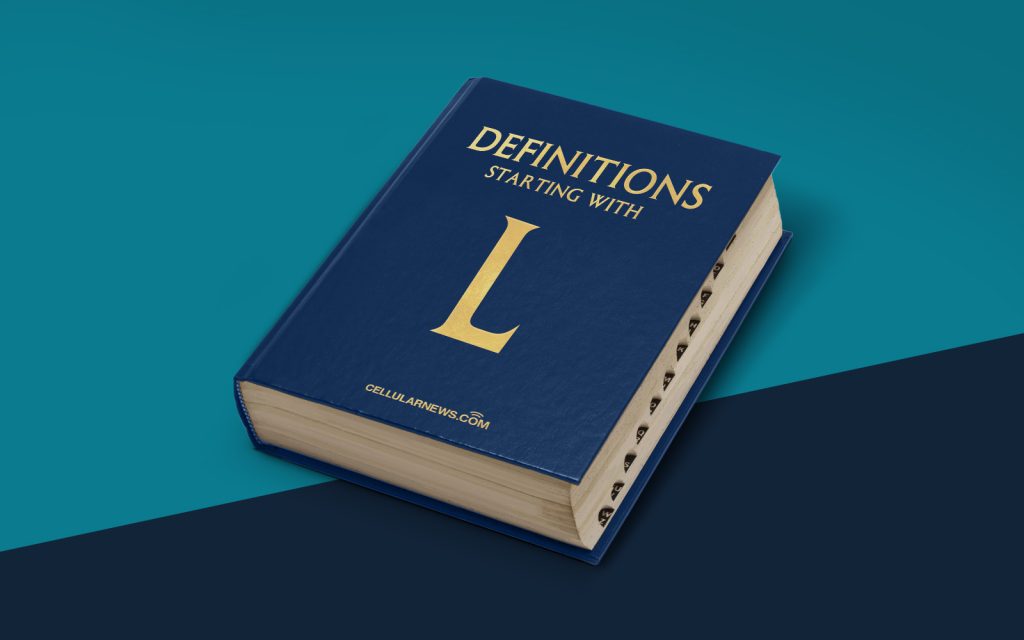
Understanding Lithium-Ion Battery (LIB): A Revolutionary Power Source
Introduction:
Key Takeaways:
- Lithium-ion batteries are rechargeable power sources used in various portable electronic devices and electric vehicles.
- Lithium-ion batteries boast advantages such as high energy density, longer lifespan, and faster recharging capabilities.
Have you ever wondered what powers your smartphone, laptop, or electric vehicle? The answer lies in a remarkable innovation called the Lithium-Ion Battery (LIB). In this article, we will dive into the world of LIB and uncover its inner workings, benefits, and its incredible impact on modern technology.
Exploring the World of LIB:
1. What is a Lithium-Ion Battery?
A Lithium-Ion Battery (LIB) is a type of rechargeable battery that utilizes lithium ions as the main charge carrier. It is widely used in portable electronic devices, such as smartphones, tablets, and laptops, as well as in electric vehicles (EVs) and renewable energy storage systems. What sets LIB apart is its ability to store and release electrical energy efficiently, making it a popular choice for powering modern gadgets and vehicles.
2. How Does a Lithium-Ion Battery Work?
A LIB consists of three essential components:
- Cathode: The cathode is the positive terminal of the battery and is typically made of lithium-based compounds like lithium cobalt oxide or lithium iron phosphate. It acts as the source of lithium ions during the battery’s charging process.
- Anode: The anode is the negative terminal and is made of carbon-based materials like graphite. It stores lithium ions when the battery is charged.
- Electrolyte: The electrolyte is a chemical solution that allows the lithium ions to move between the cathode and the anode. It is usually a mixture of lithium salts dissolved in an organic solvent.
When the battery is charged, lithium ions flow from the cathode to the anode through the electrolyte. During the discharge phase, the ions move back to the cathode, generating an electric current that powers the device connected to the battery.
Advantages of Lithium-Ion Batteries:
Lithium-ion batteries have revolutionized the world of portable electronics and electric vehicles, thanks to their numerous advantages:
- High Energy Density: LIBs boast a high energy density, meaning they can store a large amount of energy in a smaller and lighter package. This makes them ideal for portable devices where space and weight matter, ensuring longer battery life.
- Longer Lifespan: Compared to other rechargeable batteries, LIBs have a longer lifespan, allowing for more charge/discharge cycles before performance begins to decline. This translates to extended device usage and reduced battery replacement costs.
- Faster Recharging: LIBs have the ability to recharge more quickly than other battery types, making them more convenient for users who are always on the go.
Conclusion:
The Lithium-Ion Battery (LIB) has become an integral part of our lives, powering our smartphones, tablets, laptops, and even our electric vehicles. Its high energy density, longer lifespan, and faster recharging capabilities have made it a game-changer in the world of portable electronics and transportation. As technology continues to evolve, LIBs will undoubtedly keep advancing, providing us with more efficient and sustainable power solutions.
